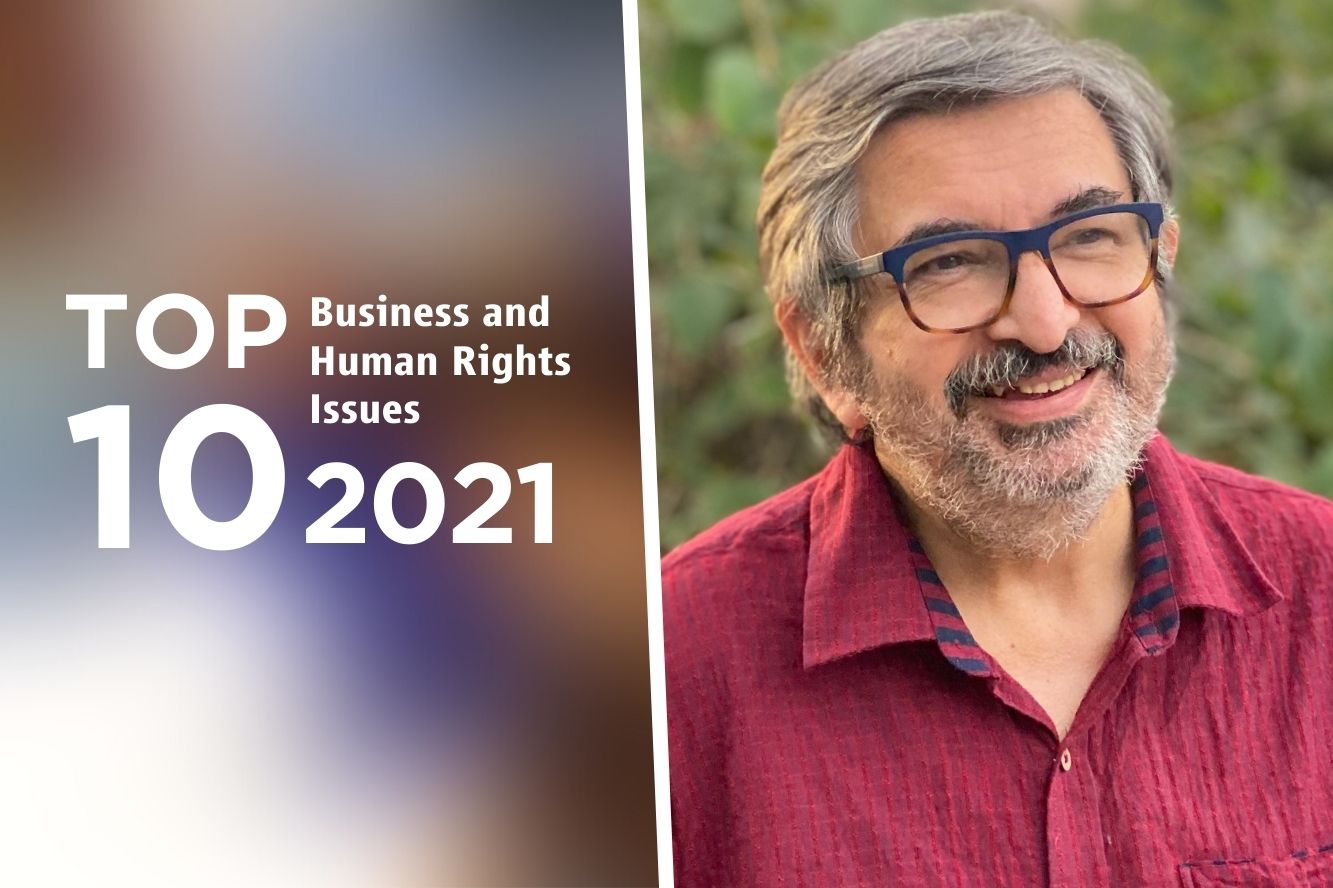IHRB's Salil Tripathi reflects on the ongoing and unprecedented implications of COVID-19 across five key areas: redesigning supply chains, preventing the misuse of COVID-related technology, the crisis of crew change at sea, mass-scale theft of migrant workers’ wages, and uncertainties over the future of the modern workplace. It also highlights five critical issues beyond the immediate effects of COVID-19 where the business and human rights agenda will demand attention in 2021.
They collectively represent deep-seated challenges: the resurgence of state-imposed forced labour, growing climate-driven migration, race-based discrimination at all levels, increasing divides over business standards in key governance areas, and the need for financing just transitions toward a net-zero world.





























The perception of ‘value’ needs to change if the World Bank’s mission is to succeed
Last week we attended the Spring Meetings of the World Bank and International Monetary Fund (IMF) in Washington, D.C. The annual IMF-World Bank meetings bring together finance ministers and central bankers from all regions as a platform for official...
26 April 2024 | Commentary
Commentary by Vasuki Shastry, Author, ESG/Strategic Communications Expert; International Advisory Council, IHRB Haley St. Dennis, Head of Just Transitions, IHRB